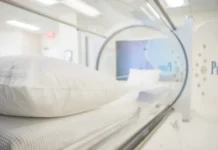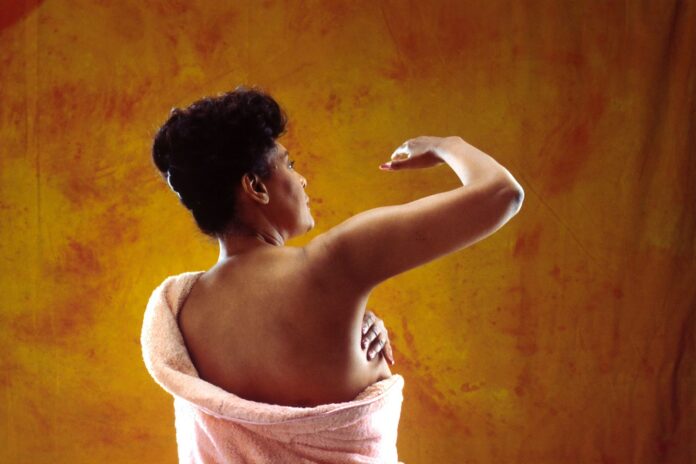
What Is Breast Cancer?
Breast cancer starts within your breast tissue, and a tumor mass grows when the breast cells change and overgrow, also called mutations. Like other types of cancers, breast cancer can also be in the tissues surrounding your breast and move to other parts of the body and create new tumors, called metastasis.
Breast cancer is quite common in the UK; most women who have breast cancer are over the age of fifty. According to some surveys, one out of eight women is diagnosed with breast cancer within their lifetime. Fortunately, there’s a high chance of recovery if it’s diagnosed at an earlier stage.
Women need to have their breasts examined regularly to detect any mutations. If they feel any difference during their examinations, it is best to visit the doctor as soon as possible and undergo a genetic test for breast cancer.
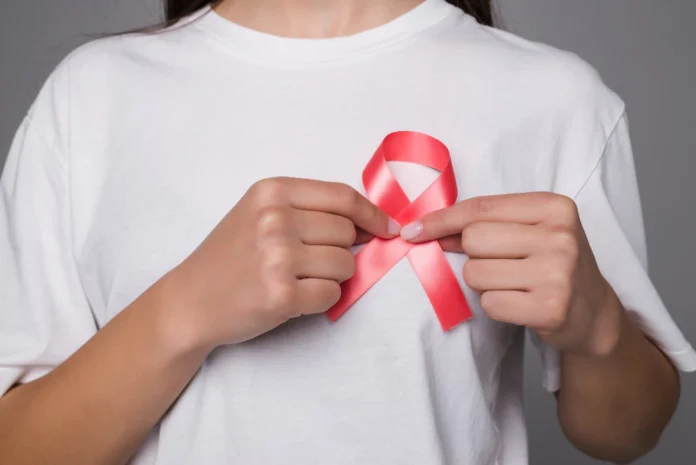
Who Is Most Affected By Breast Cancer?
Breast cancer is one of the most common types of cancer after skin cancer found in women. According to research, breast cancer is most likely to affect women over fifty.
People should also keep in mind that in some rare cases, men can also develop breast cancer, this occurs in less than one percent of the entire population suffering from breast cancer.
Breast cancer is also found in transgender women, more so than in cisgender men. In addition to that, transgender men are less likely to develop breast cancer than cisgender women.
Which Races Are Most Likely To Get Affected By Breast Cancer?
According to some surveys, women who are non-Hispanic white have higher chances of falling breast cancer than any other race or ethnicity. Similarly, non-Hispanic black women are equally exposed to breast cancer. According to some statistics, Asian, Hispanic, or Native American women are less likely to develop the disease.
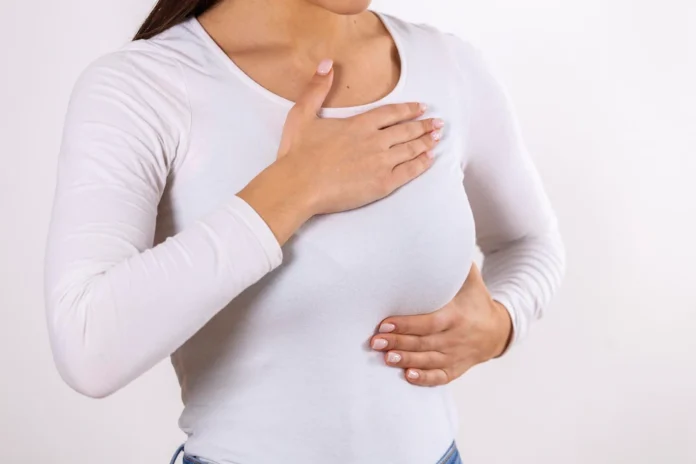
Can Cancer Develop In Other Parts Of The Breast?
Usually, breast cancer is considered to be found in milk ducts or lobules, but it can also develop in other parts of your breasts; these aren’t as common as cancers in the milk ducts or lobules. These may include:
• Angiosarcoma: This rare type of cancer starts within the cells that make up the lining of the blood or lymph vessels.
• Phyllodes tumors: This is also a rare type of cancer that starts in the connective tissue. They’re commonly non-cancerous but can turn cancerous in some cases.
What happens after breast cancer is diagnosed?
If cancer has been detected in your breasts, discussing treatment options with your doctor is recommended. Treatment is different for everyone. Thus they can guide you regarding what options may be more fruitful for you.
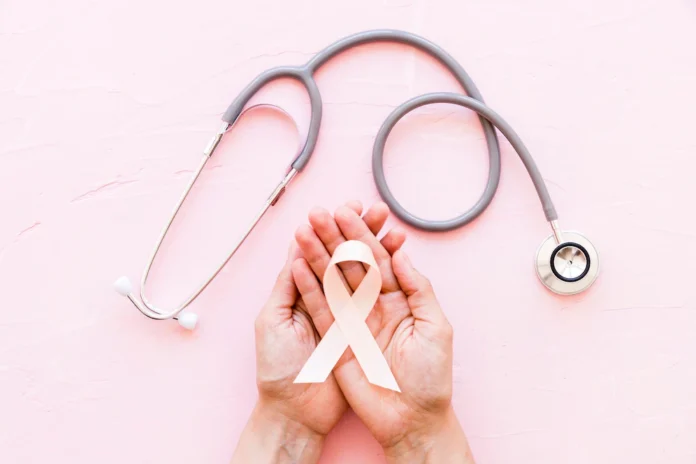
Conclusion:
Getting diagnosed with breast cancer can sound very scary, and you can get very depressed. It’s best to take advantage of all the resources available to you regarding breast cancer. Discuss your treatment options, make a list of questions for your doctor, and feel free to ask them; before deciding on a treatment option, you should take a second opinion.
There’s also an option of joining a support group that can provide moral support.



